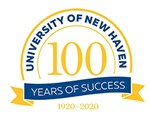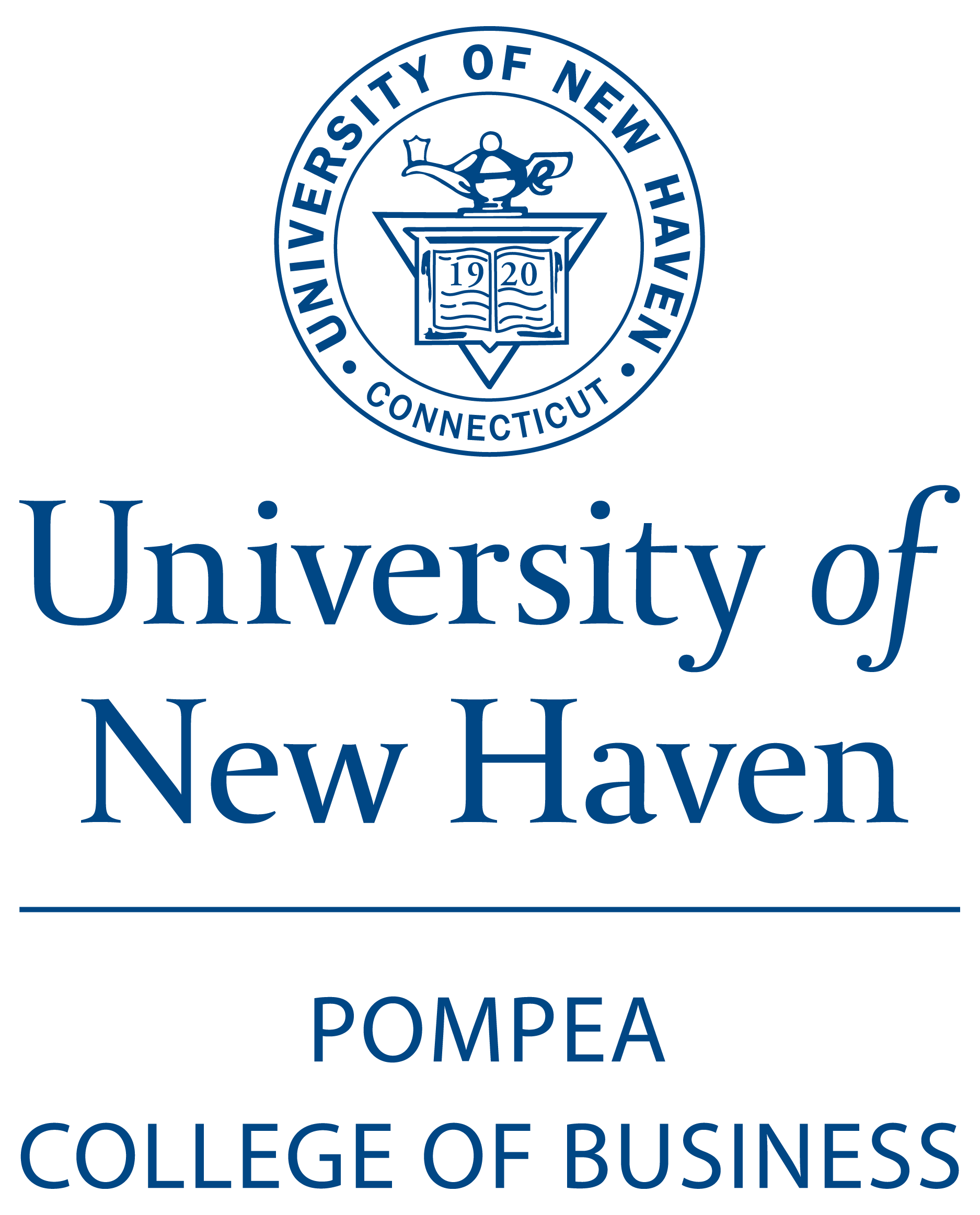Abstract
In this paper, we show a nonlinear relation between promoter ownership and dividends in the Indian context, that is, promoters pay more dividends at lower level of their ownership while they pay lesser dividends when their ownership increases beyond a threshold. In particular, we find that the adverse impact of promoter ownership on dividends is greater only at higher level of ownership, where promoters become entrenched with their effective control, and outsiders face the greatest risk of expropriation. We contend that agency and information asymmetry problems are the factors driving our results. We establish this by showing that the nonlinear relation between promoter ownership and dividend payment is more pronounced for standalone firms than group affiliated firms, for firms with more free cash flows and for firms with smaller board and less number of independent directors in the board. Our results are robust to endogeneity concerns and testing the dividend payment decision (to pay or not to pay) using the binary choice logit model.
Creative Commons License

This work is licensed under a Creative Commons Attribution-NonCommercial 4.0 International License
Recommended Citation
Singh, Geeta; Kumar, Satish; Pathak, Rajesh; and Bhattacharjee, Kaushik
(2023)
"Does Promoter Ownership Affect Dividend Policy? An Agency Problem Perspective,"
American Business Review: Vol. 26:
No.
2, Article 2.
DOI: 10.37625/abr.26.2.288-313
Available at:
https://digitalcommons.newhaven.edu/americanbusinessreview/vol26/iss2/2
DOI
10.37625/abr.26.2.288-313



